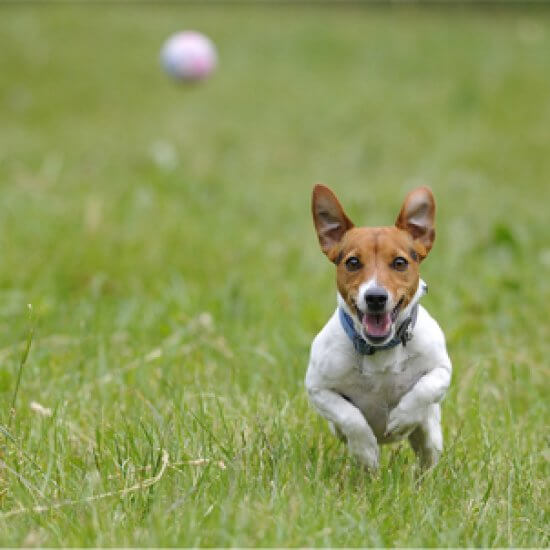We all want the best for our beloved pets—the best veterinary care, the best toys, and the best food. Now, there has been an increase in recent years in the popularity of natural and boutique pet foods. Many of these natural diets are marketed in such a way as to mimic the diets of wild canines and felines, with an emphasis on more protein, and a lack of grains. The issue with many of these natural diets is that, unfortunately, there isn’t a whole lot of science behind them.
An increase in recent years of a condition called Dilated Cardiomyopathy (abbreviated DCM) led veterinary researchers to conduct a study to uncover why this disease has become more prevalent in dogs, as well as cats. Certain breeds of dogs were already known to have a genetic predisposition to DCM, including Boxers, Doberman Pinschers, and Standard Schnauzers. However, many other breeds of dogs, as well as a lesser number of cats, began presenting to their veterinarians with this issue.
While the exact cause of the increase in DCM cases has yet to be identified, there has been a definite correlation between pets that were consuming grain free diets and the development of the disease. The majority of grain free diets replace grains with ingredients such as legumes, lentils, peas, or potatoes. Whether these ingredients, or the lack of grains like corn, are the cause of DCM is still uncertain, the link between these diets and the development of DCM can’t be ignored.
If you’re wanting to feed your dog a grain free diet, first and foremost, discuss their diet with your veterinarian, and choose a brand that is backed by veterinary science, such as Hills, Royal Canin, or Purina. Again, we all want the best for our critters, and you can trust that your veterinarian does too. If you have questions about what to feed your canine and feline counterparts, reach out to your friends at Littleton Veterinary Clinic for more information.

